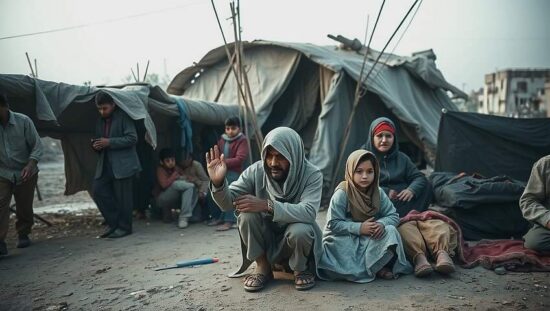The humanitarian crisis unfolding in Sudan has reached a point of such severity that a senior UNICEF official has drawn a chilling comparison to the Rwandan genocide. Sheldon Yett, UNICEF’s representative in Sudan, told “Der Spiegel” that elements of the current situation, particularly in the Darfur region, mirror the horrors he witnessed during the Rwandan genocide in the 1990s. His stark assessment highlights the escalating brutality and breakdown of societal order within the ongoing civil war.
For over two years, Sudan has been ravaged by a brutal conflict between the Sudanese military and the Rapid Support Forces (RSF) militia. Estimates suggest that over 150,000 lives have been lost, a figure likely to be drastically underestimated given the challenges in accessing conflict zones. Recent weeks have seen a particularly egregious escalation of violence following the RSF’s capture of al-Faschir in Darfur, accompanied by reports of horrific massacres.
Yett’s account of survivor testimonies paints a grim picture of systematic violence encompassing murder, extortion and sexual assault, with some forced to pay exorbitant sums to escape the devastation. The breakdown of law and order is complete, creating an environment of pervasive fear and a stark absence of protection for civilians.
The conflict has effectively isolated sections of Sudan from the outside world, making the delivery of vital aid exceptionally difficult. UNICEF remains among the few international organizations able to maintain a presence and provide assistance, but the scale of the crisis far surpasses available resources.
The comparison to Rwanda raises uncomfortable questions about the international community’s response and the potential for early warning signs to be overlooked. Critics argue that the conflict’s prolonged nature and the atrocities committed demand a more robust and proactive approach than is currently being seen, including increased pressure on both warring factions to cease hostilities and allow unimpeded humanitarian access. The lack of accountability for past atrocities in Sudan also remains a critical factor fueling the cycle of violence and hindering peace efforts.





